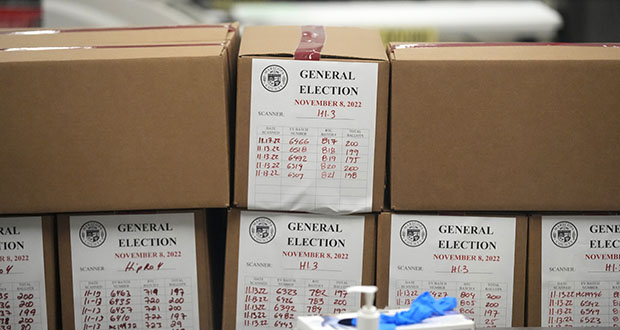Immigration-reform advocates take appeal to an international stage
Pei Li, Cronkite News Service//October 29, 2013//
Immigration-reform advocates take appeal to an international stage
Pei Li, Cronkite News Service//October 29, 2013//
Robert Pauw argued to the OAS’ Inter-American Commission on Human Rights that U.S. immigration policies contravene international human rights standards aimes at protecting children and family...













































